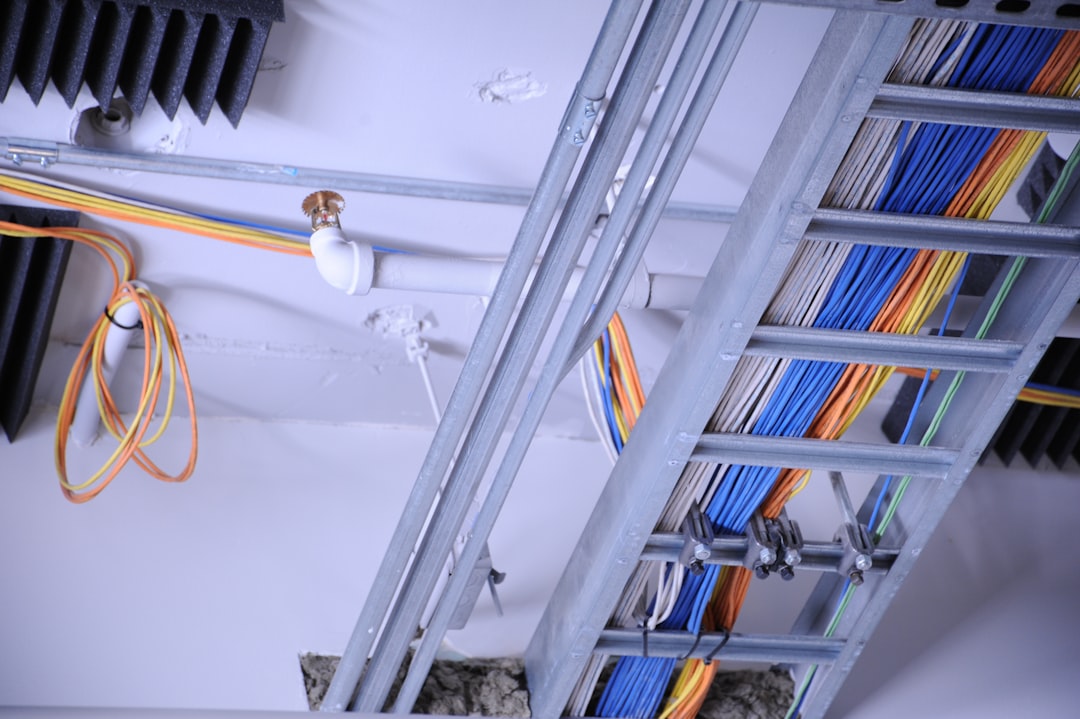Decentralized VPN vs VPN: What’s the Difference and Which One Should You Choose in 2025?
As online privacy concerns continue to grow in 2025, users are increasingly turning to tools like VPNs and decentralized VPNs (dVPNs) to protect their personal information and ensure anonymity. While both promise to obscure digital identities and provide secure browsing, the underlying technologies and trust models differ significantly. Understanding the distinction between a traditional VPN and a decentralized VPN is essential for making an informed decision.
What Is a VPN?
A Virtual Private Network (VPN) is a service that encrypts your internet traffic and routes it through a server in a location of your choosing. This masks your IP address and helps bypass geographic restrictions, while also protecting sensitive information from potential threats such as hackers or surveillance agencies.
Traditional VPNs are operated by centralized providers that own or lease servers worldwide. These companies manage network infrastructure, maintain performance, and monitor usage in accordance with their privacy policies.
What Is a Decentralized VPN?
A decentralized VPN, often referred to as dVPN, functions similarly in terms of end-user goals—masking IP addresses and securing data—but differs radically in how it achieves that. Instead of routing traffic through a central provider’s servers, dVPNs use a peer-to-peer network. Participants share bandwidth and allow encrypted data to pass through their own internet connections in return for tokens or payments.
This architecture eliminates the single point of failure common in traditional VPNs and distributes responsibility and power across a network of nodes.

Key Differences
The distinction between decentralized and traditional VPNs becomes clearer when we examine core elements such as control, performance, privacy, and trust.
- Control and Ownership: Traditional VPNs are run by companies that control servers and infrastructure. dVPNs are run by their users, making them resistant to corporate overreach or government pressure.
- Privacy: In a centralized VPN, your traffic passes through a few controlled servers, and you need to trust the provider won’t log your data. dVPNs reduce this risk by distributing traffic across multiple nodes, making surveillance more difficult.
- Performance: Centralized VPNs typically offer faster speeds because of optimized and maintained infrastructure. dVPN speeds can vary, as performance depends on the availability and reliability of peer nodes.
- Security: Both VPN types use encryption to protect data, but dVPNs might be inherently more secure due to decentralization, reducing the risk of coordinated attacks against a single server.
- Cost: Traditional VPNs typically charge monthly or annual fees. Some dVPNs use blockchain-based tokens or micropayments, which may offer cheaper and more flexible pricing for light users.
Advantages and Disadvantages
Traditional VPNs:
- Pros: High reliability, fast speeds, widespread support, centralized customer service, trusted brands.
- Cons: Greater trust required, potential data logging, vulnerable to government interference.
Decentralized VPNs:
- Pros: Enhanced privacy, censorship resistance, open access, transparency.
- Cons: Less user-friendly, inconsistent speeds, limited customer support, complex payment structures.

Which One Should You Choose in 2025?
The right choice depends on your specific needs and tolerance for experimentation.
Choose a traditional VPN if: you want a plug-and-play solution with predictable performance and professional support. Mainstream users, streamers, and business professionals may benefit from the stability and ease of use offered by providers like NordVPN or ExpressVPN.
Opt for a decentralized VPN if: you are tech-savvy, deeply value privacy, or live in a country with restricted internet access. Activists, researchers, and early adopters may find dVPNs such as Sentinel or Mysterium Network better aligned with their values and needs.
Final Thoughts
VPN technology is evolving rapidly, and in 2025, users have more nuanced options than ever before. While traditional VPNs provide a reliable, user-friendly experience, dVPNs offer a vision of a freer and more private internet, albeit with some trade-offs. As surveillance laws and internet regulations become more complex, knowing the difference between these two privacy tools could prove crucial in safeguarding your digital freedom.
Always research service providers thoroughly and remember that no solution offers 100% anonymity. Whether you choose a centralized VPN or a decentralized alternative, being informed is your first defense in the digital world.



